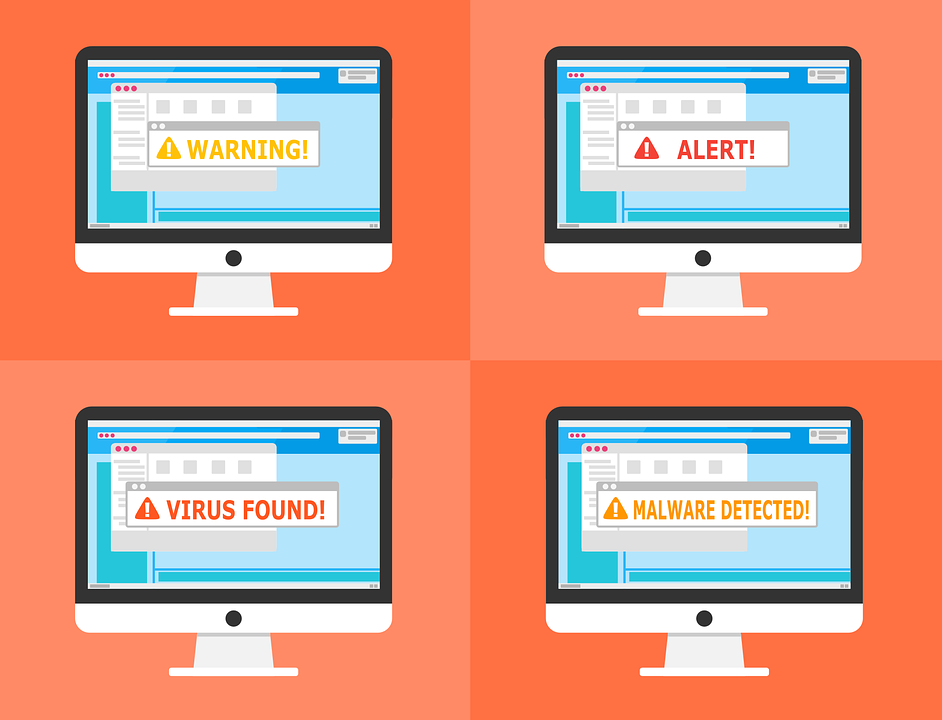Many businesses become targets of cyber attacks on a daily basis. According to Accenture, the average cost of a malware attack on a company is $2.4 million.
While it is impossible to prevent all attacks, still, you can build strong defenses to be protected and prepared for most of them.
Here we are sharing simple steps to take in order to improve the security of your business.
Install security software
The first and most essential thing to do is to invest in reliable security software. There are many types of malware out there, such as viruses, spyware, ransomware, keyloggers, etc. So, before deciding what protection software to use, it is reasonable to check their reviews first, to make sure that the one you select will be able to protect against all of them.
Even if you are going to install antivirus software that everybody recognizes as the best on the market, like Avira, that gets tons of positive feedback from industry leaders and really is the best free antivirus on the planet, it’s still worth taking a minute to check the newest articles on the topic like this review from BetterDefend.
Also, your antivirus software should support automatic updates, as newer versions are ready to address the most recent vulnerabilities and threats.
It is vital to use a firewall to protect your internal networks from communicating with other devices and sharing valuable information.
Educate your staff
All the security software cannot help you, if your employees are unaware of cybersecurity practices. Interestingly, the most common cause of data breaches in companies is staff.
Attackers develop convincing scams using social-engineering targeted at the company’s employees and get access to valuable information. So, as a business owner, you have to create a secure workplace culture.
It is vital to have appropriate policies and procedures in place so that everyone knows how to handle and protect sensitive data. You can offer regular training to educate your staff and ensure that they are aware of possible threats. You should also notify them about current cyber attacks by means of a newsletter.
Be clear on what online behaviors are acceptable and have a strong social media policy, so that your employees know what information can be shared with the world and what not. It is also better to avoid using personal devices at work for improved security.
Use secure passwords
The importance of using strong passwords is known to everyone, but it is still often disregarded. Use them to protect access to valuable information that is stored on your devices.
Remember to create passwords that are hard to guess, change them frequently (at least once every few months), and never share them with anyone. A strong password is a random string of characters which contains upper and lower case letters, numbers, and special symbols. The longer the password is, the harder it is to crack. Consider using a reliable password manager that helps create and store passwords for you.
Back up your data
To avoid security breaches, encrypt and back up your data. According to the FBI CISO Report 2018, ransomware is the fastest growing malware threat, targeting critical data and systems for the purpose of extortion.
Usually, hackers attack the systems, encrypt the files and lock them until a ransom is paid. To be a step ahead of the thieves, make sure that all your sensitive information is encrypted and back it up periodically. You can store your data locally, in the cloud, or in some other remote location, but all your files should be backed up and stored separately on hard drives in a safe, offsite place.





